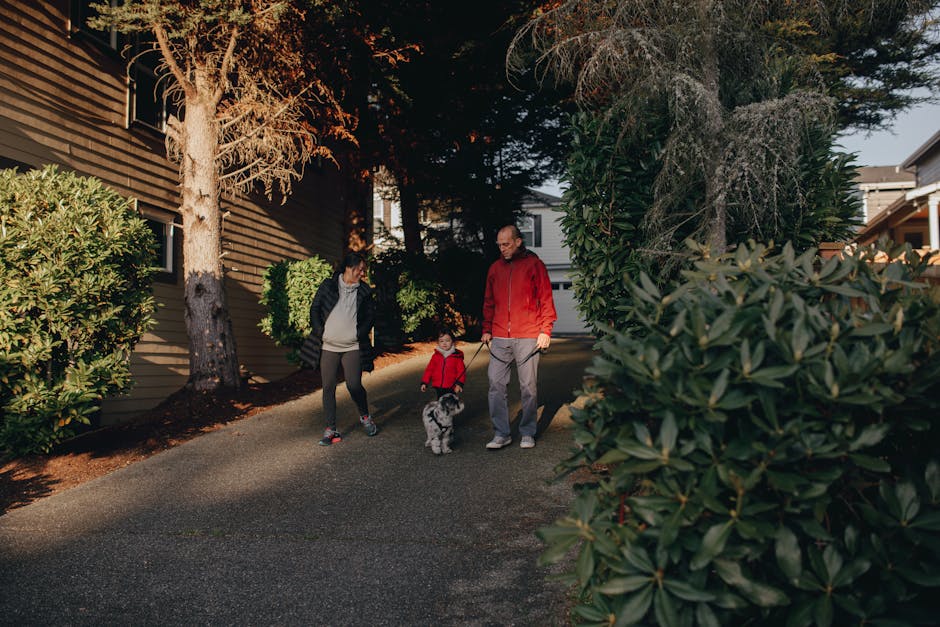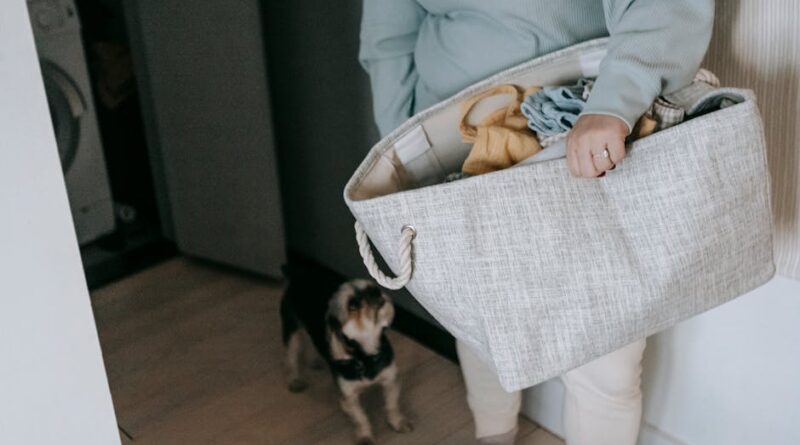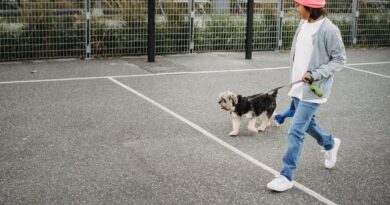Creating a Daily Routine for Your Dog
Having a daily routine is essential for dogs just as it is for humans. A well-structured routine can provide comfort, security, and stability for your furry friend, leading to better behavior, health, and overall well-being. Just like us, dogs thrive on predictability and structure in their daily lives. In this comprehensive guide, we will delve into the intricacies of creating a daily routine for your dog, exploring various aspects such as exercise, feeding schedules, mental stimulation, and more. Join us as we uncover the secrets to a happy and healthy pooch!
The Importance of a Daily Routine for Your Dog

Creating a daily routine for your dog is crucial for several reasons. Firstly, it helps establish a sense of normalcy and predictability in your dog’s life, reducing stress and anxiety. Dogs are creatures of habit, and they feel most comfortable when they know what to expect each day. A routine also provides structure and discipline, which are essential for training and behavior management.
Additionally, a well-planned routine ensures that your dog’s basic needs are met consistently. This includes regular exercise, proper nutrition, mental stimulation, and adequate rest. By following a daily schedule, you can ensure that your dog stays healthy, happy, and well-adjusted.
Setting Up a Daily Routine for Your Dog

When it comes to creating a daily routine for your dog, there are several key elements to consider. These include:
1. Exercise
Regular exercise is essential for your dog’s physical and mental well-being. The amount of exercise your dog needs will depend on factors such as age, breed, size, and overall health. Generally, most dogs require at least 30 minutes to 2 hours of exercise each day. This can include walks, runs, playtime, or other activities that keep your dog active and engaged.
It’s important to tailor your dog’s exercise routine to their individual needs. For example, high-energy breeds like Border Collies or Huskies may require more intense exercise sessions, while senior dogs may benefit from gentler activities like short walks or swimming.
2. Feeding Schedule
Establishing a consistent feeding schedule is crucial for your dog’s digestive health and overall well-being. Ideally, you should feed your dog at the same times each day, dividing their daily food intake into two or three meals. This helps regulate their metabolism, prevents overeating, and reduces the risk of digestive issues.
When creating a feeding schedule, consider factors such as your dog’s age, size, activity level, and dietary requirements. Consult with your veterinarian to determine the best feeding regimen for your furry friend.
3. Mental Stimulation
Mental stimulation is just as important as physical exercise for your dog’s overall well-being. Engaging your dog’s mind through interactive toys, puzzles, training sessions, and other activities can help prevent boredom, anxiety, and destructive behavior.
Include brain games and enrichment activities in your dog’s daily routine to keep them mentally sharp and satisfied. This can include hiding treats around the house, teaching new tricks, or introducing puzzle toys that challenge your dog’s problem-solving skills.
4. Rest and Relaxation
While exercise and mental stimulation are vital, it’s equally important to ensure that your dog gets enough rest and relaxation. Provide a comfortable and quiet space for your dog to unwind and nap throughout the day. Dogs, like humans, need downtime to recharge and recuperate.
Make sure your dog has a cozy bed or crate where they can retreat when they need a break. Avoid overstimulating your dog with too much activity, as this can lead to fatigue and stress. Balance is key when it comes to rest and play in your dog’s daily routine.
5. Socialization
Socialization is an important aspect of your dog’s daily routine, especially if you want to raise a well-adjusted and friendly pet. Regular interactions with other dogs, animals, and people help your dog develop social skills, confidence, and good behavior.
Take your dog to the dog park, enroll them in obedience classes, or arrange playdates with other friendly dogs to promote positive socialization. Encourage positive interactions and monitor your dog’s behavior to ensure they are comfortable and happy in social settings.
Common Misconceptions About Creating a Daily Routine for Your Dog

Despite the importance of establishing a daily routine for your dog, there are several misconceptions that can hinder your efforts. Let’s debunk some common myths:
1. Dogs Don’t Need Structure
Some dog owners believe that dogs are naturally flexible and adaptable creatures who don’t require a strict routine. While dogs are indeed adaptable, they thrive on structure and predictability. A well-planned routine provides comfort, security, and stability for your dog, leading to better behavior and overall well-being.
2. One Routine Fits All
Every dog is unique, with individual needs, preferences, and energy levels. What works for one dog may not work for another. It’s important to tailor your dog’s daily routine to their specific requirements, taking into account factors such as age, breed, size, and health condition.
3. Routine Equals Boredom
Some dog owners worry that a daily routine will make their dog bored or restless. On the contrary, a well-balanced routine that includes exercise, mental stimulation, socialization, and rest can actually prevent boredom and behavioral issues. Keeping your dog engaged and occupied throughout the day is key to a happy and healthy pet.
Conclusion

Creating a daily routine for your dog is a labor of love that pays off in countless ways. By providing structure, consistency, and balance in your dog’s daily life, you can ensure their well-being, happiness, and longevity. Whether it’s setting up an exercise routine, establishing a feeding schedule, or incorporating mental stimulation activities, every aspect of your dog’s routine plays a vital role in their overall health and happiness.
Remember, a well-structured routine is not only beneficial for your dog but also for you as a pet owner. It helps strengthen the bond between you and your furry companion, fosters good behavior, and enhances the quality of your time together. So, take the time to create a daily routine that works for both you and your dog, and watch as your furry friend thrives in the predictable and loving environment you provide.




